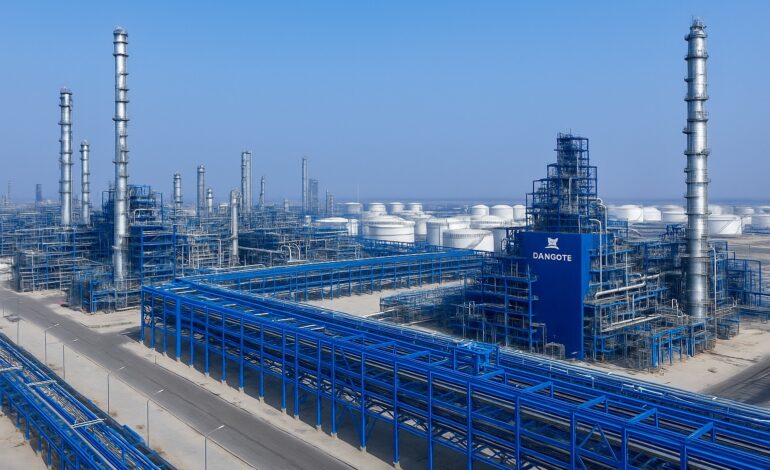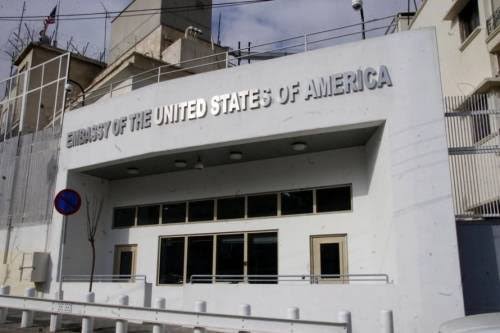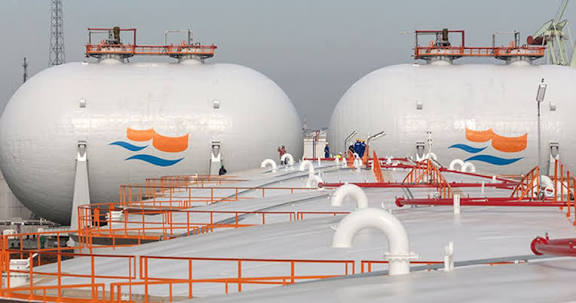
Faith Nyasuguta
South Africa has handed long-term leases to major foreign oil firms at its most important fuel import and storage hub, a move that ends years of uncertainty but also deepens concerns about the country’s dependence on multinational companies for its energy security.
The Transport Ministry this month approved extended leases for some of the world’s biggest oil traders and majors at the Island View Precinct, a sprawling petrochemical complex at the heart of the country’s main port. Around 70% of South Africa’s fuel imports pass through this facility, making it the lifeline of the national supply chain. Until now, lease agreements were typically short-term, a situation that deterred investment, threatened supply stability and created a tense standoff between the state and industry players.
By invoking Section 79 of the National Ports Authority Act, Transport Minister Barbara Creecy was able to bypass bureaucratic delays and approve the leases “in the national interest.” The decision signals Pretoria’s willingness to provide global energy firms with the tenure security they have been demanding for years. “This is in our favour. Remember we wanted a long-term tenure, so we got that,” said Fani Tshifularo, chief executive of the Fuels Industry Association of South Africa, welcoming the outcome.
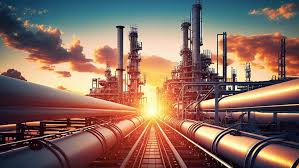
For the multinationals involved, many of which are headquartered in Europe, the leases provide a long-awaited green light to invest further in South Africa’s downstream oil sector. The Island View hub is not only the country’s largest fuel storage and import point but also one of the most strategically important facilities on the continent. Its pipelines, tanks and jetties are essential for keeping petrol, diesel and jet fuel flowing to South African cities and industries.
Yet the very scale of foreign involvement also alarms some observers. Critics point out that the companies now controlling much of the country’s imports and storage capacity are based thousands of miles away. South Africa once had more local refining capacity, but closures and sales have shifted the balance of power sharply toward traders and oil majors.
In 2022, for instance, the country’s largest refinery, Sapref, was shut down by its foreign owners and later sold to the state-owned Central Energy Fund. The result is that imports have surged while domestic processing has withered.
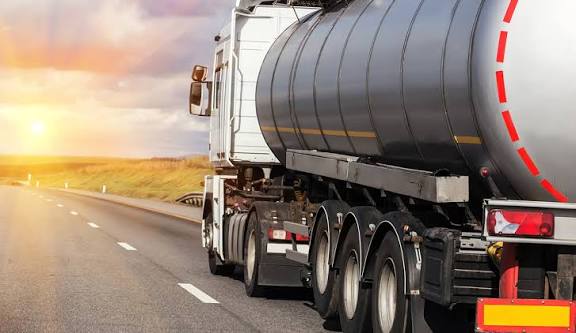
This dynamic reflects a wider African paradox, though it is slowly changing. The continent has been producing vast amounts of crude oil but relying heavily on foreign refiners and traders for finished petroleum products. Chronic underinvestment in local refining and storage has for years left national markets exposed to global supply chains and pricing pressures beyond their control. Analysts warn that while such arrangements can bring near-term stability, they also leave governments vulnerable to capital flows and policy decisions made in far-off boardrooms.
Recent trade data underline the challenge. Earlier this year, consultancy CITAC reported that South Africa had overtaken Nigeria as Africa’s largest importer of petrol, bringing in 4.2 million tonnes in the first quarter of 2025 alone. Nigeria’s imports, by contrast, dropped to 3.1 million tonnes as the new Dangote Refinery began ramping up domestic production. While Nigeria is moving toward self-sufficiency, South Africa is drifting further into dependence on foreign suppliers.
Proponents of Pretoria’s lease extensions argue that the decision provides exactly the kind of certainty needed to keep fuel flowing smoothly and prices relatively stable. For investors, it is a signal that South Africa is serious about protecting infrastructure and reducing regulatory risk at a time of global trade headwinds. For the government, it is also a way to reassure the public that fuel supply disruptions like those seen during past contract disputes will not return.
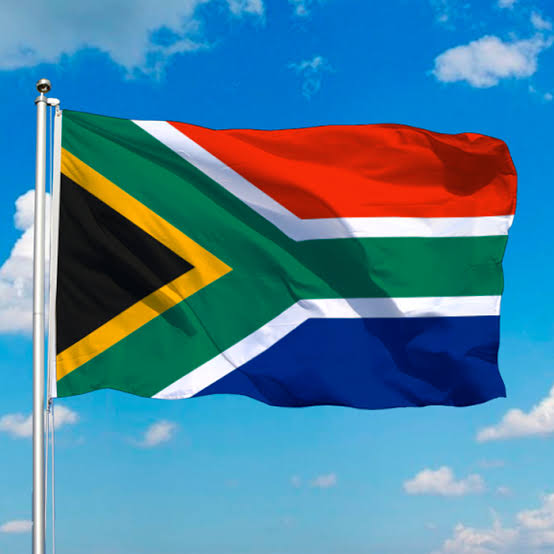
But the long-term cost of such a strategy may be steep. Without significant state-led or private domestic investment in refining and distribution, South Africa risks ceding strategic control of its energy sector for decades to come. Energy consultancy CITAC has already warned that the country’s growing reliance on imports makes it increasingly vulnerable to shifts in global markets, currency volatility and even geopolitical tensions that could disrupt supply chains.
For now, the new leases lock in a period of relative calm at the Island View hub. Tankers will keep arriving, pipelines will keep pumping and global traders will continue to dominate the flow of petrol and diesel that powers South Africa’s economy. But unless the country finds a way to rebuild its own refining base or diversify ownership of critical infrastructure, the stability gained today could translate into deeper dependency tomorrow.
RELATED:






